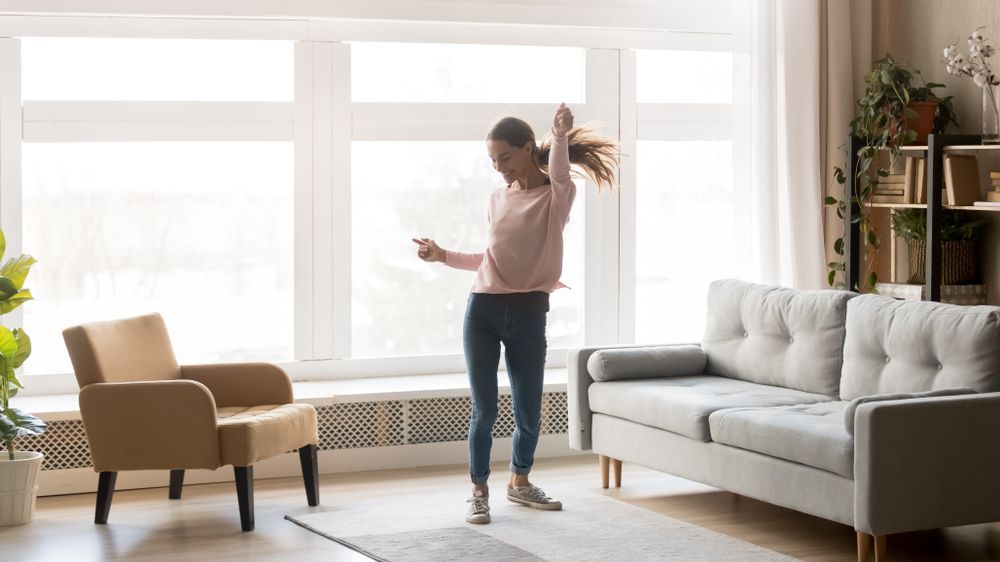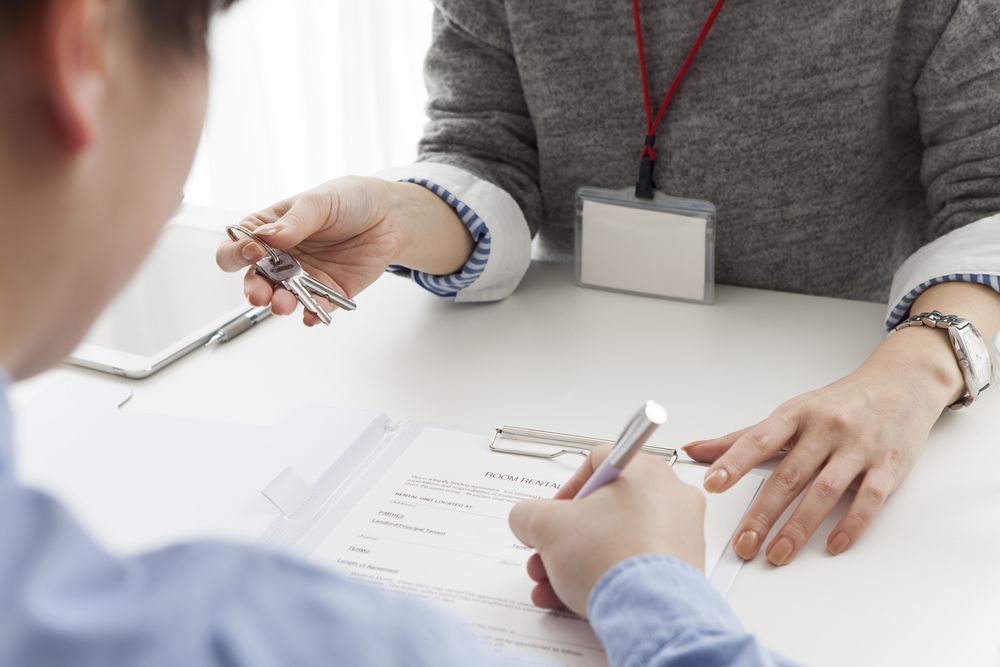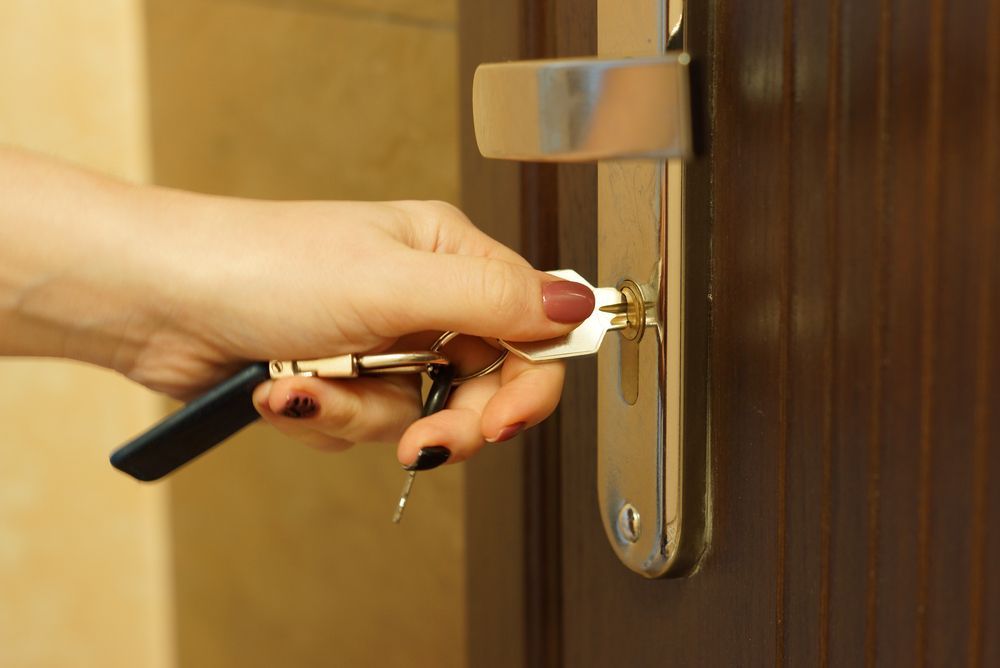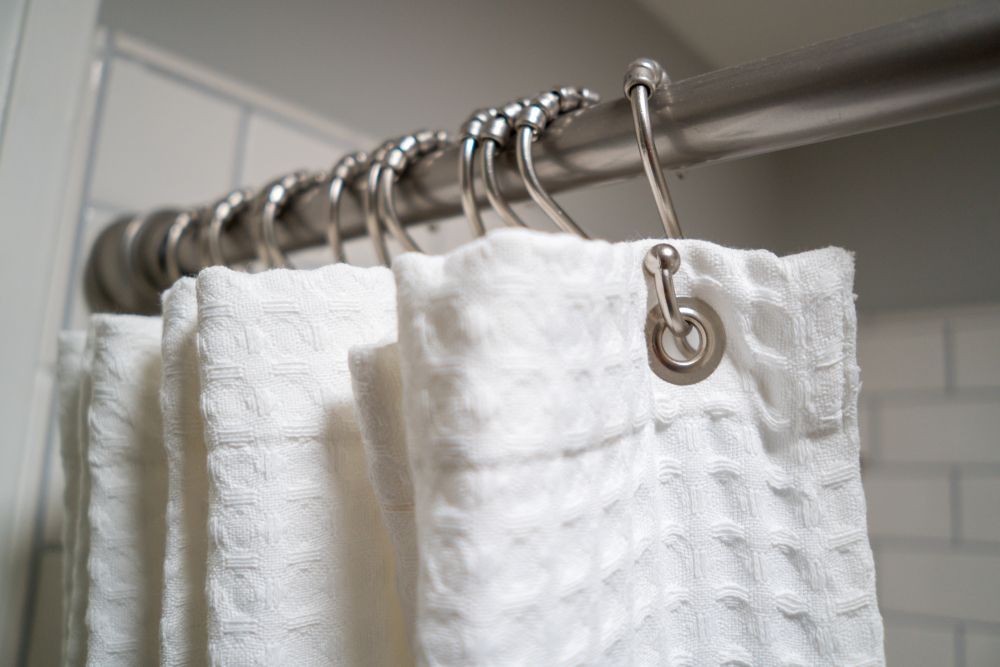Apartment Living Tips for First-Time Renters
Written by: Weida Apartments

Starting Your Apartment Search with Confidence
Finding your first apartment can feel overwhelming, but a confident approach makes all the difference. Start by identifying what you need versus what you want in a home. Create a list of non-negotiables, like proximity to school or work, and rank them by importance. Research online listings, read reviews, and ask friends or family for recommendations. Taking the time to gather information upfront gives you a solid foundation to make informed decisions.
If you're a Purdue student looking for reliable and affordable housing, Weida Apartments offers a wide range of options designed for first-time renters. Schedule a tour or contact us today to see how we can help you feel at home.
How to Set a Realistic Budget
Budgeting is one of the most critical steps for first-time renters. Start by calculating your monthly income and subtracting essential expenses like groceries, transportation, and savings. Experts recommend spending no more than 30% of your income on rent, but it’s crucial to account for other costs such as utilities, internet, and renter’s insurance.
Don’t forget to include one-time costs like security deposits, application fees, and moving expenses. Having a clear financial plan prevents stress and ensures you can comfortably afford your new space.
Finding the Perfect Location
Location plays a huge role in your apartment experience. Think about how close the apartment is to work, school, grocery stores, or public transportation. For students, walking distance to campus—generally considered two miles or less—can save time and money.
Also, consider the neighborhood’s safety and vibe. Visit the area during different times of the day to get a sense of its environment. Proximity to amenities like gyms, parks, or coffee shops might also factor into your decision.
Should You Live with a Roommate?
Deciding whether to live with a roommate is a significant choice for first-time renters. Sharing an apartment can make rent and utilities more affordable, but it’s important to find someone whose lifestyle and habits align with yours. Discuss expectations early, including cleaning responsibilities, quiet hours, and shared expenses.
If you choose to live alone, weigh the added cost against the benefit of having full control over your space. If you opt for a roommate, consider drafting a roommate agreement to avoid misunderstandings down the road.
Prioritize Must-Have Amenities
First-time renters often get excited by extras like a pool or gym, but it’s essential to focus on amenities that truly matter. Start by identifying what you need for daily comfort and convenience. Think about essentials like in-unit laundry, a dishwasher, or central air conditioning.
For students or remote workers, reliable internet and a dedicated workspace can be game-changers. Don’t forget to ask about parking options or bike storage if those are part of your routine.
Start Apartment Hunting Early
Timing is everything when it comes to finding the right apartment. Start your search at least 9-12 months before your desired move-in date to have a wider selection of options. Housing on a college campus can be very competitive. Early apartment hunting lets you compare prices, visit multiple properties, and avoid the stress of last-minute decisions.
Keep in mind that high-demand areas, like those near college campuses, can have limited availability closer to the school year. By starting early, you’ll have the best chance of securing a place that fits your budget, location, and amenity preferences.
Tackling Applications and Apartment Tours
Being prepared makes the rental process easier. Gather key documents like proof of income, ID, and references before applying. During tours, check for wear and tear, test appliances, and ask about security features. Clarify lease terms and fees upfront to avoid surprises later.

Do You Need a Cosigner?
First-time renters without a credit history or steady income might need a cosigner to secure an apartment. A cosigner, often a parent or guardian, agrees to take financial responsibility if you can’t pay your rent.
Check with the landlord or property manager to see if cosigners are accepted and what requirements they might have, such as credit checks or proof of income.
Creating an Inspection Checklist
Check the apartment for damage, faulty fixtures, or maintenance issues. Test appliances, plumbing, and outlets to ensure they work. Report any concerns to the landlord before signing the lease to protect yourself from future liability.
Take Pictures Before You Move In
Photograph the apartment to document its condition, especially any damage or wear. Save and timestamp the images to avoid disputes during move-out. Sharing them with your landlord adds transparency.
Making Your New Space Feel Like Home
Once you’ve moved in, personalize your apartment to make it feel like home. Add items like cozy rugs, colorful throw pillows, or artwork to reflect your style. Small touches, such as lighting or plants, can create a warm and inviting atmosphere.
Remember to keep any changes, like hanging decor, within the terms of your lease. Temporary solutions, like removable wall hooks or peel-and-stick wallpaper, are great options for renters.
Furnished vs Unfurnished Apartments
Choosing between a furnished or unfurnished apartment depends on your needs and lifestyle. Furnished apartments save you the hassle of buying furniture but may come with higher rent. They’re ideal for short-term stays or students who move frequently.
Unfurnished apartments often cost less and let you design the space your way. If you already own furniture or plan to stay long-term, this could be the better option. Weigh the pros and cons based on your budget and how much effort you want to invest in setting up your new home.
Is a Pet-Friendly Apartment Right for You?
If you have a pet or plan to get one, finding a pet-friendly apartment is essential. Consider the added costs, such as pet deposits or monthly fees, and review the landlord’s pet policy for restrictions on breed, size, or number of pets.
Think about whether the apartment suits your pet’s needs, like having enough space or access to outdoor areas. If you’re unsure, reach out to property management to clarify their pet rules and policies before committing.
Staying Protected and Informed
Knowledge is key to a successful renting experience. Stay informed about your lease terms, community rules, and the property’s maintenance procedures. Keep emergency contacts handy, including the landlord, maintenance team, and local utilities.
Additionally, familiarize yourself with basic safety practices, like locking doors and windows, and reporting suspicious activity. Being proactive helps create a safe and smooth living experience.
What to Know Before Signing a Lease
Review the lease carefully to understand rent, payment schedules, and any associated fees. Pay close attention to policies on guests, subletting, and early termination. Clarify maintenance responsibilities and ask questions if anything is unclear. Taking the time to understand the agreement allows for a smoother renting experience.
Understanding Your Rights as a Renter
Knowing your rights helps protect you as a tenant. Laws vary by state, but renters typically have the right to a safe and habitable living environment, timely repairs, and protection against discrimination. Be aware of your landlord’s responsibilities and your own obligations, such as paying rent on time and following lease terms.

Why You Should Get Renter’s Insurance
Renter’s insurance protects your belongings in case of theft, fire, or other unexpected events. It also provides liability coverage if someone gets injured in your apartment. Policies are often affordable, costing around $15–$30 a month, and can save you from costly out-of-pocket expenses.
Check with your landlord to see if renter’s insurance is required, and shop around to find a policy that suits your needs.
Your Apartment Journey Starts Here
Renting your first apartment is an exciting milestone. With preparation, careful planning, and the right mindset, you can navigate the process confidently and find a space that feels like home. From budgeting to understanding your lease or making your apartment your own, each step brings you closer to a successful renting experience.
If you’re a Purdue student searching for quality housing,
Weida Apartments is here to help. Explore our listings and find the perfect place to start your journey.










